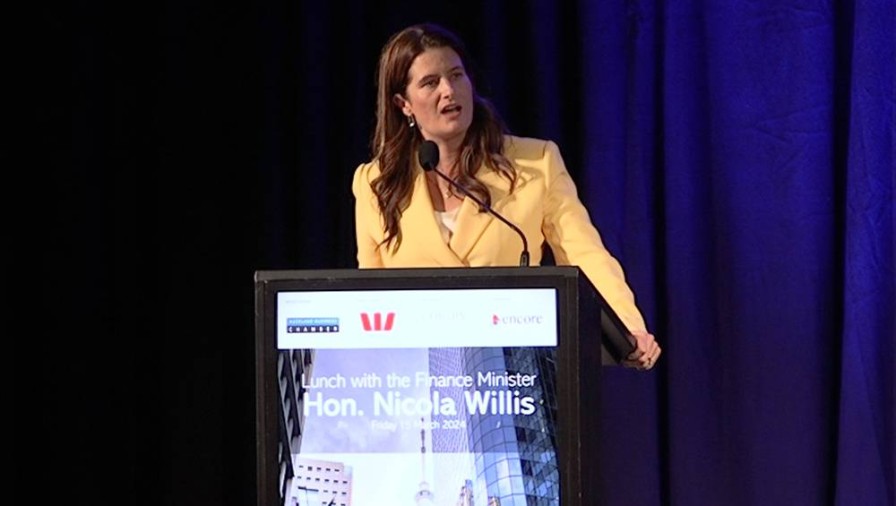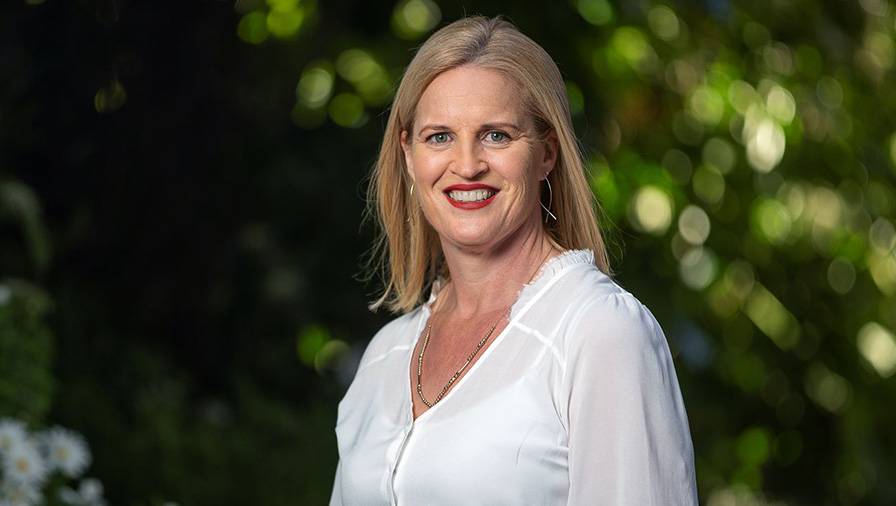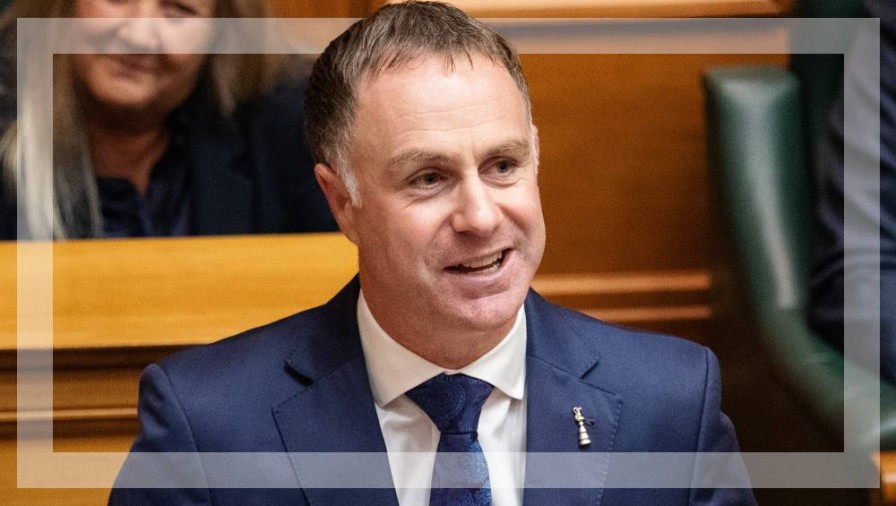Tax and user pays, health, getting on your bike, green lending
ANALYSIS: Labour is looking to introduce more taxes, while the Government is focused on making users pay.
WATCH: NBR political editor Brent Edwards speaks with Simon Shepherd.
ANALYSIS: Labour is looking to introduce more taxes, while the Government is focused on making users pay.
WATCH: NBR political editor Brent Edwards speaks with Simon Shepherd.
The Labour Party ended its annual conference last weekend with a commitment to look further at the merits of both a capital gains and wealth tax.
Meanwhile, during the week, Finance Minister Nicola Willis was pushed further on her suggestion the Government would look at other revenue measures even as it attacks Labour’s continued dalliance with a capital gains tax. Pressed at the Finance and Expenditure Select Committee, Willis said one area where the Government could raise more revenue would be to crack down on the business operations of charities.
Indeed, last month, Revenue Minister Simon Watts said it was on the Government tax work programme, along with other work to ensure people were paying their tax, but the Government had no plans for new taxes.
Nonetheless, if the Government proceeds, there will be at least some people paying more tax than they do today. At the same time, more people are likely to be paying user charges such as tolls on roads, after Infrastructure Minister Chris Bishop announced a new approach to building infrastructure.
“Rather than defaulting to a blunt approach of grants of taxpayer money, the Government will expect proposals from sectors such as water, energy, housing, climate adaptation, and transport to be able to demonstrate how user or beneficiary pays can contribute towards funding requirements,” Bishop said.
The Government has also opened the door to more private sector involvement, including encouraging companies to make their own proposals to build infrastructure, or to provide public services and goods. If they make a compelling case, they will get a government concession to run the build and/or run the infrastructure, or to provide the goods and services, and be able to charge users to get a return on their investment.
It would seem likely that, whichever party is in power, people will pay more, either through taxes or user charges.

Finance Minister Nicola Willis.
At the Health Select Committee hearing during ‘scrutiny week’, things also got a little heated when Health New Zealand Commissioner Lester Levy appeared. Labour’s health spokesperson Dr Ayesha Verrall accused him of “cooking the books” when the two clashed over the agency’s financial reporting.
RNZ reported that, after the Auditor-General’s intervention, HNZ moved millions of dollars of redundancy payments from the 2023/24 year to the current financial year, pushing the forecast deficit for 2024/25 to more than $1 billion.
Verrall said to Levy he had a reputation for “cooking the books”, an accusation he rejected, and he said he expected an apology.
The controversy comes as HNZ continues to make cuts, which it claims affect only back-office staff, but that claim is challenged by doctors and nurses working at the frontline.

Labour’s health spokesperson Dr Ayesha Verrall.
Prime Minister Christopher Luxon and Social Development and Employment Minister Louise Upston at the beginning of the week announced more help for those on the benefit to find a job. But it comes with a stick.
While the Ministry of Social Development is now offering phone-based case management to 70,000 people, they need to meet their obligations to look for work or face sanctions through the new traffic light system.
What was not clear from the PM’s post-Cabinet news conference, though, was what would happen to people who would not move to find work.
It is not clear yet whether Upston is mirroring the words of British Secretary of State for Employment Norman Tebbit, who said in 1981 unemployed people should “get on your bike” in reference to the need for them to move to get work.

Social Development and Employment Minister Louise Upston.
During the week, two opinion polls were also made public and neither had particularly good news for the coalition Government.
Both showed little gap between the coalition and the combined vote of the centre-left parties, with the Post/Freshwater Strategy poll picking a hung parliament if that were the election result.
One or two polls in themselves mean very little but, unlike some previous governments, the coalition has never had a bump in support since the election. National, in particular, has seen little shift apart from its support falling in recent polls. For example, its support fell four percentage points in the Post/Freshwater Strategy poll. That might be the price it is paying for delivering on some of the more contentious commitments it has made to its coalition partners.
It might also be getting the blame for a sluggish economy and rising unemployment, but National will be counting on the expected economic recovery next year and the year after to help give it a boost in support.

Climate Change Minister Simon Watts.
Meanwhile, Willis summoned New Zealand Green Investment Finance chair Cecilia Tarrant and senior staff to explain the green investment fund’s involvement in the deal to lend money to now collapsed solar energy system provider SolarZero.
The fund had provided a $145 million debt facility to the company, alongside private sector investment. But less than three months after announcing it had increased the debt facility to $145m, SolarZero was plunged into receivership.
Willis and Climate Change Minister Simon Watts still had questions about the due diligence Green Investment Finance had done on the deal, its monitoring of it, and the structure of the deal that left taxpayers’ money exposed.
SolarZero’s failure has also dented ministers’ confidence in the green investment fund, with a spokesperson saying they were now considering whether taxpayers’ money should be used in this way.
It might ultimately end up being another green initiative of the previous government scrapped by the coalition.
Next week will be a big one too. The Government will want to make more progress on passing its contentious fast-track legislation into law before Parliament rises for the year the following week.
Finance Minister Nicola Willis is also expected to finally announce the Government’s plan to replace the Cook Strait ferries, after scrapping KiwiRail’s proposal to bring in two bigger ferries, which included substantial upgrades to port facilities, last December because of the burgeoning cost of the project.
Beehive Banter is hosted by Simon Shepherd, with NBR’s political editor Brent Edwards.
Sign up to get the latest stories and insights delivered to your inbox – free, every day.